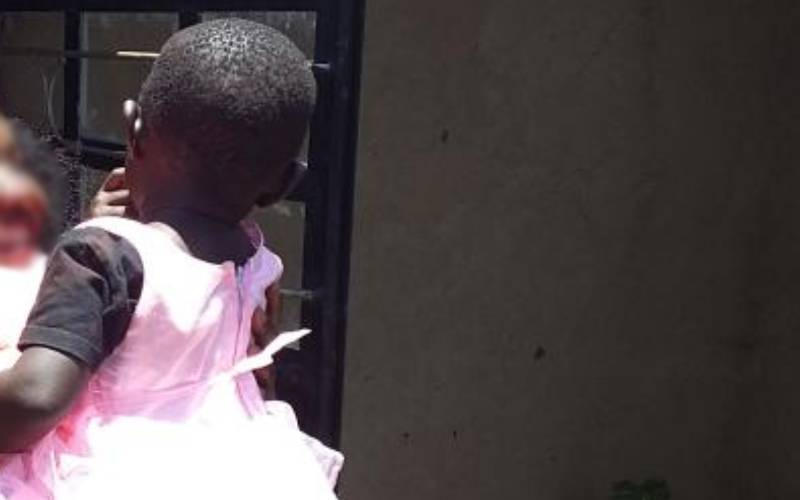×
The Standard e-Paper
Stay Informed, Even Offline

Patricia* (not her real name) wedded in March, 2018. A year later, she gave birth to her firstborn, Baby K*.
At their home in Likuyani, we find the girl zestful, just like a toddler her age would be.